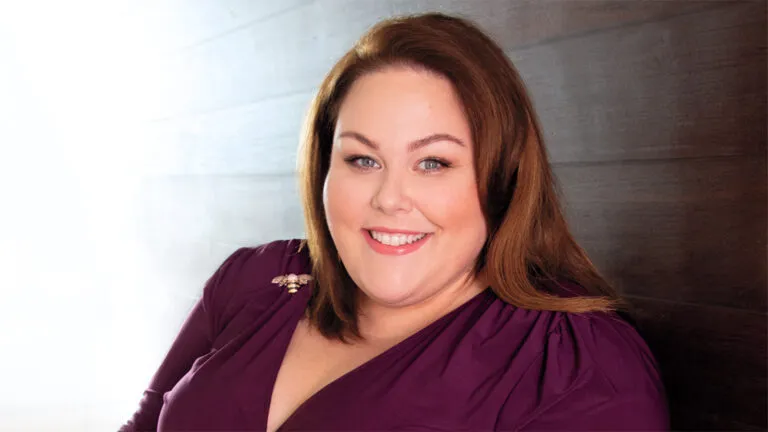I’ve long believed that positive living isn’t about being upbeat every minute of every day. That kind of permanently happy state can’t be the goal, for the simple reason that it’s impossible to achieve. Who among us is so stalwart in our optimism that we never have a blip or a stumble?
It turns out, a growing body of psychological research is building around the idea that true happiness comes from authentic positivity—and authentic positivity comes from emotional flexibility.
Being flexible emotionally means being open to the full range of emotional experiences, including the challenging ones like frustration, anger, disappointment and sadness. As discussed in this scientific paper, and others, emotional flexibility means being able to shift behaviors and mindsets to meet different situational needs, adapting when circumstances change and appropriately prioritizing different aspects of life.
It’s important to note that emotionally flexible people are not chameleons whose outlook changes based on which way the wind is blowing. Instead, emotional flexibility is a skill that help people navigate the complexities of daily life, firmly anchored in their deeply-held values but available to the honest experience of unpredictable and ever-changing life.
Reading about this, I’ve learned a new word that I’d like to share with you: eudaimonia. Eudaimonia is the opposite of hedonism, the idea that happiness comes from the constant pursuit of pleasure and avoidance of pain. Eudamonia, by contrast, encourages us to pursue meaning and authenticity, growth and honest joy. Both are philosophical approaches to happiness, and recent psychological thought is leaning toward eudaimonia as a more sustainable, satisfying model.
Eudaimonia was first articulated by Aristotle, who derived the term from the Greek word “daimon,” which means “true nature.” To me, walking a positive path means accepting that we each have a positive true nature, inherent goodness and a capacity for happiness. What we learn from the concept of eudaimonia is that we are best equipped to realize this nature when we are emotionally honest and flexible.
As one review of literature on resilience puts it, “realistic optimism” is a key to a meaningful, genuinely happy life. After all, if we are resolute in our commitment to live realistically but positively, don’t we have more to offer others—especially those who are struggling?
Do you take a eudaimonic view of happiness?





